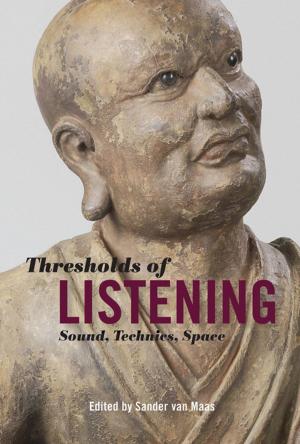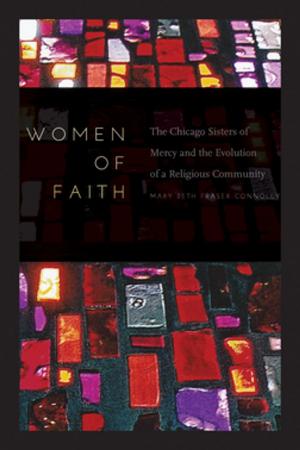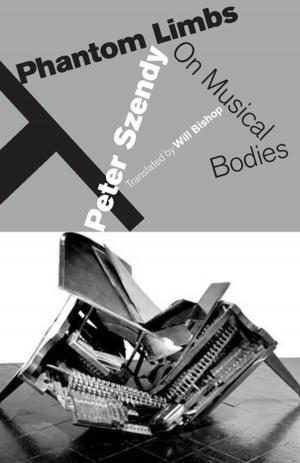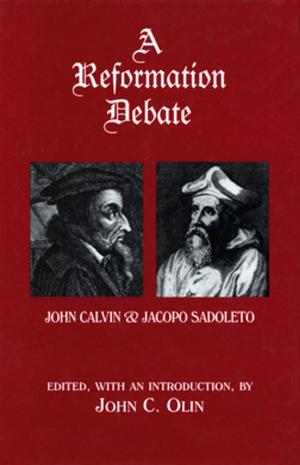Cytomegalovirus
A Hospitalization Diary
Nonfiction, Health & Well Being, Medical, Reference, Ethics, Biography & Memoir, Literary| Author: | Hervé Guibert, Todd Meyers | ISBN: | 9780823268580 |
| Publisher: | Fordham University Press | Publication: | October 1, 2015 |
| Imprint: | Fordham University Press | Language: | English |
| Author: | Hervé Guibert, Todd Meyers |
| ISBN: | 9780823268580 |
| Publisher: | Fordham University Press |
| Publication: | October 1, 2015 |
| Imprint: | Fordham University Press |
| Language: | English |
By the time of his death, Herve Guibert had become a singular literary voice on the impact of AIDS in France. He was prolific. His oeuvre contained some twenty novels, including To the Friend Who Did Not Save My Life and The Compassion Protocol. He was thirty-six years old. In Cytomegalovirus, Guibert offers an autobiographical narrative of the everyday moments of his hospitalization because of complications of AIDS. Cytomegalovirus is spare, biting, and anguished. Guibert writes through the minutiae of living and of death—as a quality of invention, of melancholy, of small victories in the face of greater threats—at the moment when his sight (and life) is eclipsed.
This new edition includes an Introduction and Afterword contextualizing Guibert’s work within the history of the AIDS pandemic, its relevance in the contemporary moment, and the importance of understanding the quotidian aspects of terminal illness.
By the time of his death, Herve Guibert had become a singular literary voice on the impact of AIDS in France. He was prolific. His oeuvre contained some twenty novels, including To the Friend Who Did Not Save My Life and The Compassion Protocol. He was thirty-six years old. In Cytomegalovirus, Guibert offers an autobiographical narrative of the everyday moments of his hospitalization because of complications of AIDS. Cytomegalovirus is spare, biting, and anguished. Guibert writes through the minutiae of living and of death—as a quality of invention, of melancholy, of small victories in the face of greater threats—at the moment when his sight (and life) is eclipsed.
This new edition includes an Introduction and Afterword contextualizing Guibert’s work within the history of the AIDS pandemic, its relevance in the contemporary moment, and the importance of understanding the quotidian aspects of terminal illness.















